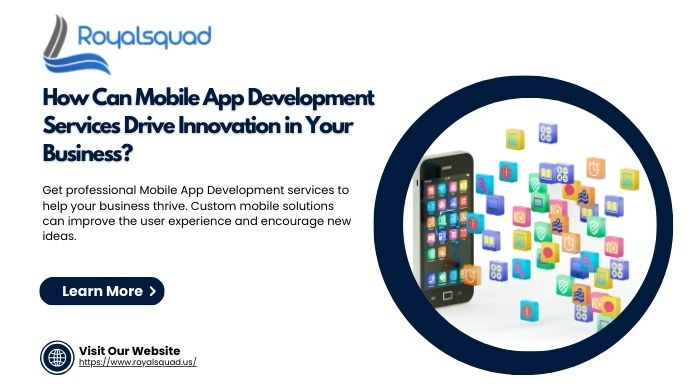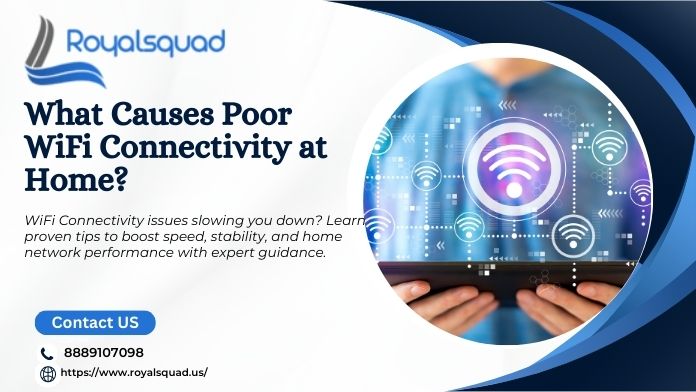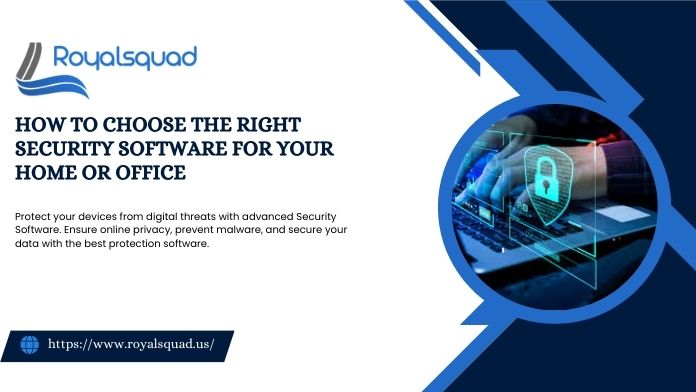
Is Free Antivirus Software for Windows as Safe as Paid Versions?
There are two main options when searching for Windows antivirus software: paid subscriptions and free editions. Is free antivirus software for Windows as safe as premium versions? It is a question that many people have. The answer isn't clear-cut; it depends on your needs, how you use your computer, and how effectively you implement your entire security plan.
Understanding Free vs Paid Protection
When selecting antivirus software for Windows, it's crucial to understand the differences between free and paid protection options.
On the other hand, paid security and antivirus services offer more advanced protection features such as firewall administration, real-time threat detection, identity theft prevention, and priority customer support. Paid antivirus software provides a more comprehensive security solution, especially for users managing sensitive data or requiring stronger protection against emerging threats, even though free versions may meet basic needs. Choosing the best protection for your needs might be made easier if you are aware of these variations.
Benefits of Free Windows Antivirus Software
- Free Windows antivirus software can detect the most common threats for most regular users. Therefore, the free alternative offers a respectable level of security if you browse carefully, avoid dubious downloads, and keep your system up to date.
- It allows you to try out several providers, become familiar with antivirus software, and assess usability without paying up front.
- The general security level on Windows PCs is raised by the widespread availability of free versions, which is preferable to no protection at all.
Drawbacks of Free Versions
Free security software, however, does have certain restrictions. Independent cybersecurity companies claim that free antivirus programs:
- Prioritize known threats (signature-based detection) over unknown or zero-day threats.
- Frequently employ reactive security strategies rather than proactive ones, which means malware may be discovered after it has already infected your machine rather than being stopped beforehand.
- Advanced features such as parental controls, device optimization, a secure VPN, identity theft protection, and sophisticated firewall configurations might not be included.
- Typically, they offer little to no live customer service. That might be a significant gap for someone who depends on internet security and antivirus software help.
- May include commercial-upsell elements, ad modules, or frequent upgrade reminders, all of which could negatively affect the user experience.
When Free Antivirus Programs for Windows Are Sufficient
A free version of security and antivirus software might be more than sufficient if your computer usage fits into any of the following scenarios:
- You mostly use your computer for routine things like email, streaming, and web browsing. You also practice excellent digital hygiene by keeping your computer up to date, creating strong passwords, and avoiding dangerous downloads.
- You don't keep any high-value sensitive data on your device, such as extensive financial activity, proprietary information, or business records.
- Instead of requiring immediate live contact, you can handle security issues on your own and are comfortable with basic support (forums, FAQs).
- When combined with safe behavior and current system patches, free antivirus software may provide Windows users with enough security in these situations.
The Impact of Choosing Paid Antivirus Software
However, the premium edition of antivirus software can be worth the cost if your use case involves a higher level of risk. Think about purchasing security and antivirus software when:
- If you handle corporate data, store important files on your computer, or conduct financial transactions, free versions may not provide an effective defense against advanced attackers.
- You want complete device coverage for your Windows PC, laptops, tablets, and mobile devices; frequently, paid suites include cross-device protection and multi-platform licenses.
- If you value complete security, a premium suite might include a firewall, sandboxing, ransomware defenses, identity theft monitoring, and a comprehensive tech support line.
- You want guaranteed help, which is usually provided by premium choices when you depend on antivirus and internet security software support (live chat, phone, incident response).
- You're interested in proactive security; capabilities such as machine-learning-powered threat hunting, heuristic behavior recognition, and vulnerability scanning are often found in premium tiers.
Cost vs Value — What Should You Ask?
When deciding whether to purchase Windows antivirus software or continue using free solutions, consider the following:
- What kind of data and usage does my device handle?
- How careful am I about safe digital behaviour (downloads, updates, links, attachments)?
- Do I need support for multiple devices or just one PC?
- Do I need advanced features like firewall control, ransomware protection, identity monitoring, or full incident support?
- What is the cost of a breach for me (data loss, reputation hit, downtime)?
- If you answer “yes” to multiple questions in points 3‑5, a paid version likely offers strong value despite the cost.
Common Myths and Realities
- Myth: Free antivirus software is just as good as paid software.
- Reality: Although free versions sometimes lack sophisticated defenses, extensive feature sets, and support, they can be highly effective against basic threats.
- Myth: Perfect security is guaranteed by paid versions.
- The truth is that no antivirus program provides complete security. Zero-day attacks, unpatched software, human behavior, and configuration flaws are still important. Paid suites can't completely remove danger; they can only lower it and raise the threshold for protection.
- Myth:I have enough built-in Windows protection, such as Microsoft Defender Antivirus.
- Reality: While built-in tools are a good starting point, a full-featured suite may be more beneficial if you need more comprehensive or sophisticated protection (such as antivirus software, internet security, or support across various platforms).
Useful Advice for Windows Users
- Keep your Windows antivirus software up to date, even if you choose a free version. Ensure regular installation of program updates and virus definitions.
- Use strong, unique passwords, enable two-factor authentication, avoid pirated software, avoid clicking on dubious links, and keep your operating system and apps up to date.
- Use a firewall, back up your most sensitive files, use a secure browser, and restrict your daily access to administrator rights as additional security measures.
- When your risk profile rises—due to commercial use, sensitive data, multiple devices, or the need for additional features and complete tech support—upgrade to a subscription version.
- Select a reliable supplier by reading unbiased evaluations and lab test findings for both commercial and free versions of security and antivirus software.
Final Decision
So, are free Windows antivirus programs just as safe as paid ones? That varies. Free antivirus software can be adequate for infrequent users with low risk and good digital hygiene. It provides real-time scanning, core malware detection, and respectable baseline coverage. However, commercial antivirus and security software give a much higher level of assurance for people who rely heavily on their PCs, store sensitive data, manage business activities, or want full-service support and additional features.
In conclusion, free is bad and paid is great, but context is important. Free antivirus software can be helpful if you use your computer mostly for daily work and are cautious and safe. Purchasing a premium version of Windows antivirus software is a wise choice if you need support for many devices, proactive detection, identity protection, and incident response.





_1728455153.png)